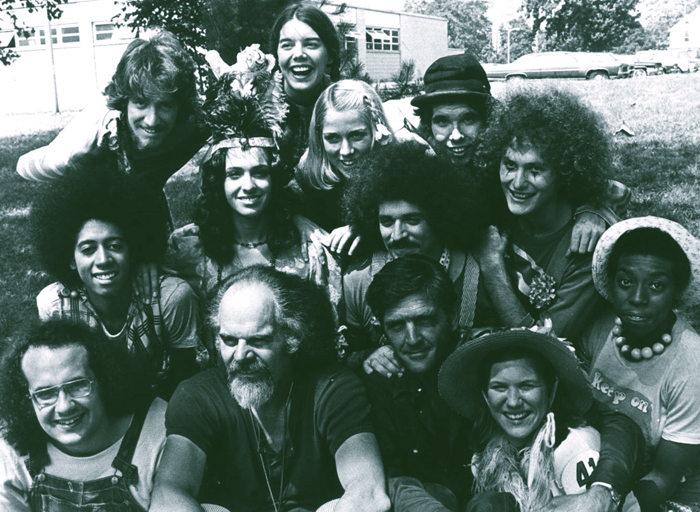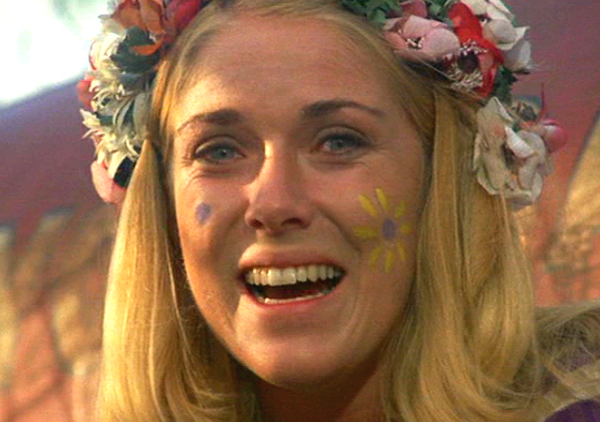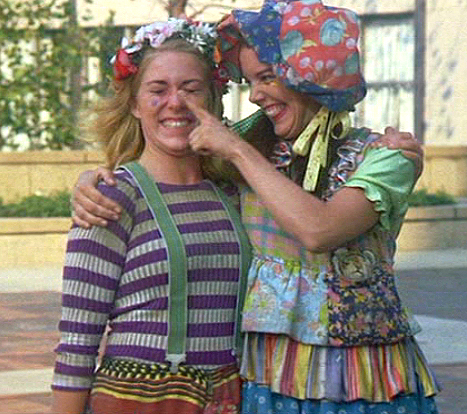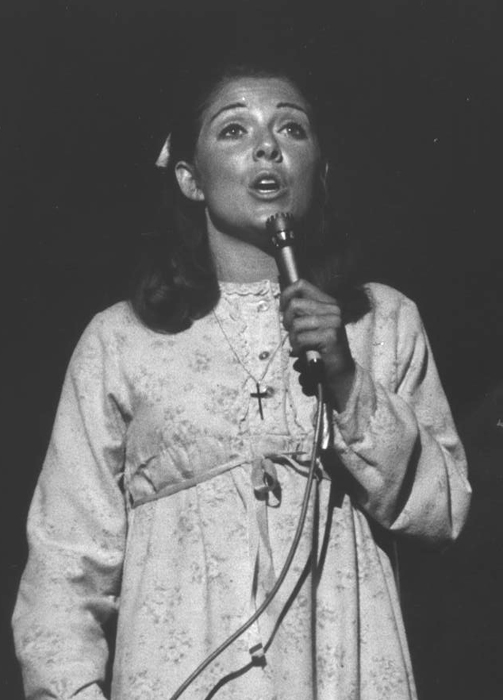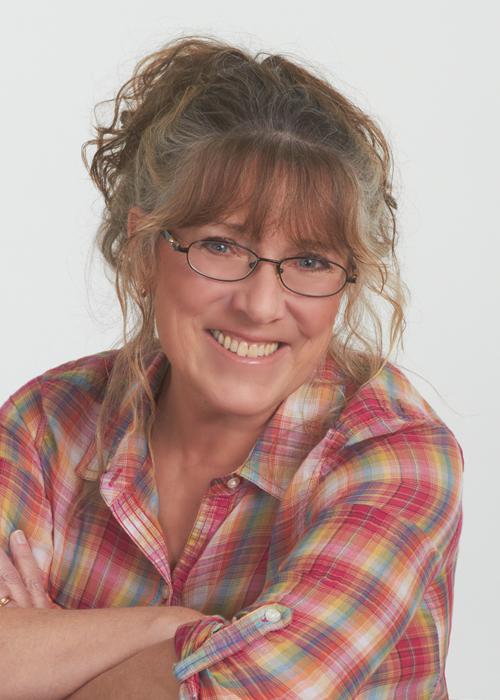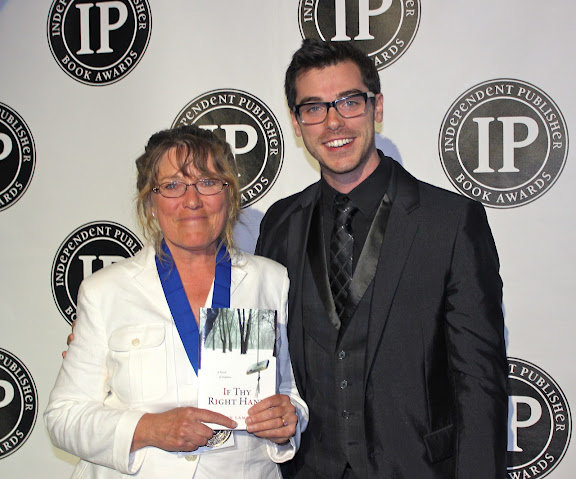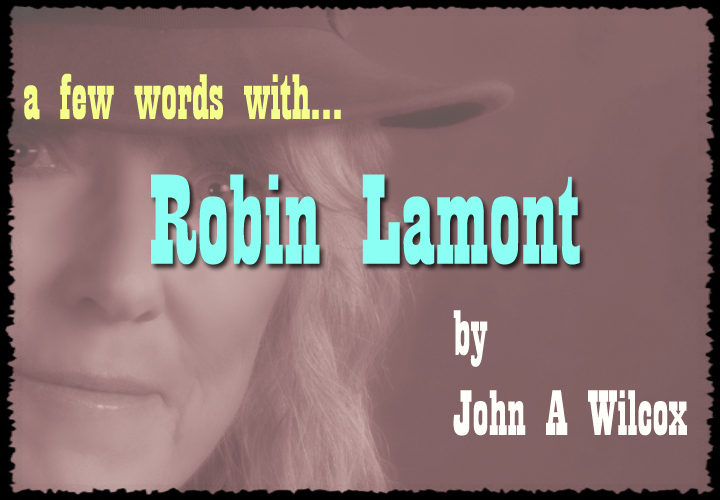

How often do you get to talk to your teenage crush? When I first saw her sing Day By Day in the film Godspell, I was head over heels for the beautiful Robin Lamont. I was all of 13 back in 1973, but every time I watch the film I still swoon a bit to this day. Robin has gone from actress/singer to assistant district attorney to award winning author. Her latest book is Wright For America - a wry poke at talk radio. Join us for a spot of tea & conversation...
